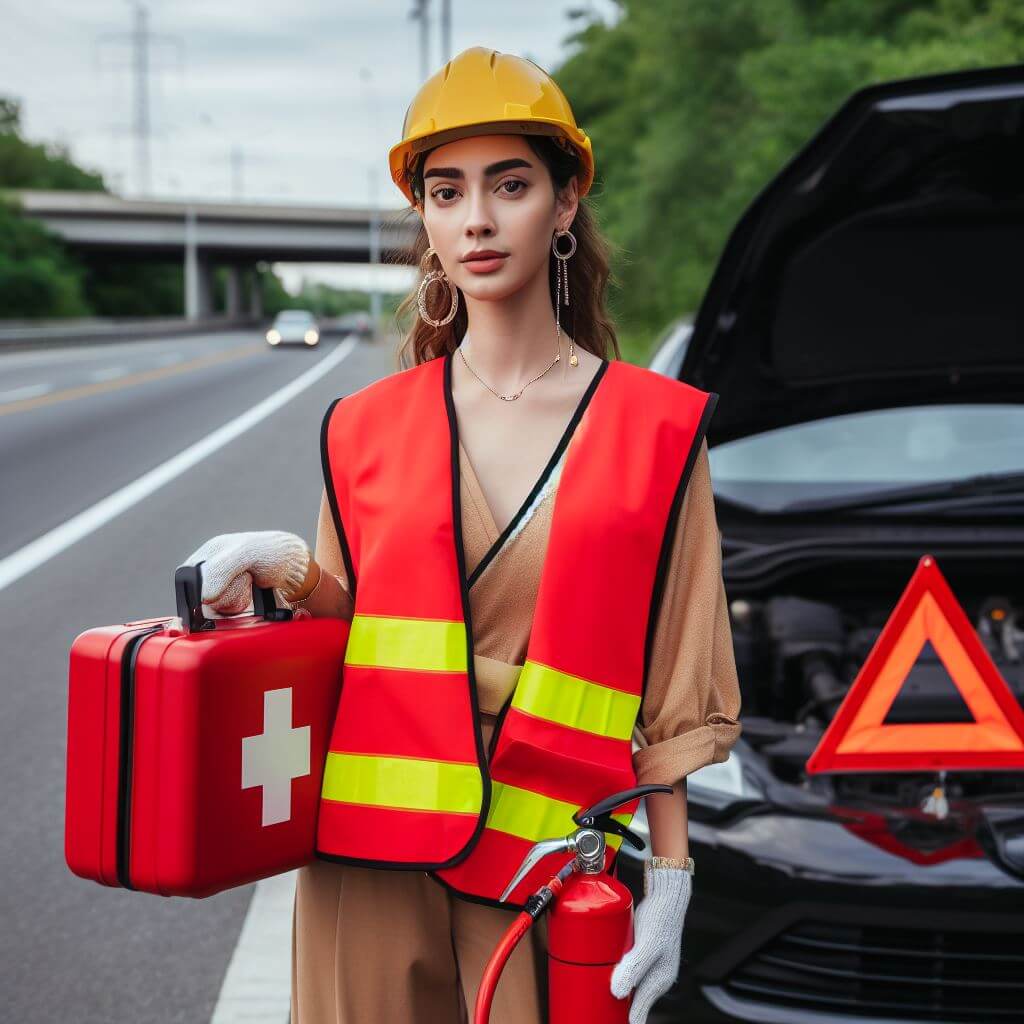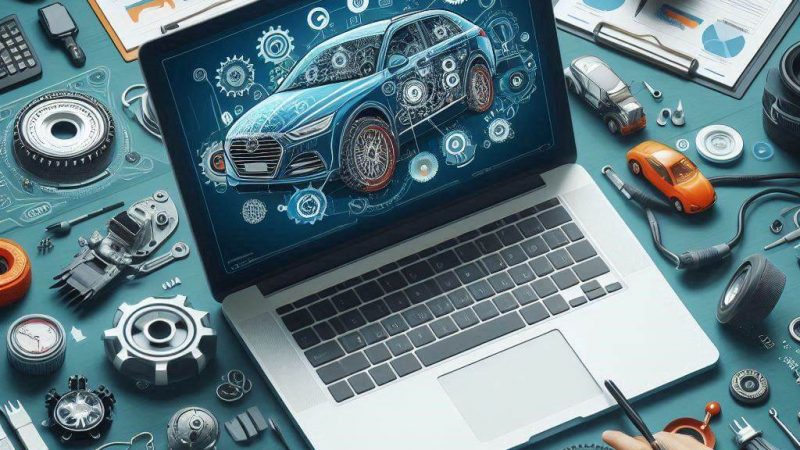Emergency Car Kit: A Must-Have for Every Driver

Picture this scenario: you’re driving on a dark and deserted road when suddenly, your car breaks down or you find yourself stranded due to bad weather. You reach for your phone and realize you have no signal. What do you do?
This is where having an emergency car kit becomes invaluable. Whether you’re embarking on a long road trip or just driving to work, it’s essential to be prepared for any unforeseen circumstances. In this article, we will explore the importance of having an emergency car kit and what items you should include to ensure your safety on the road.
Why Do You Need an Emergency Car Kit?
- Roadside emergencies: Your car may break down unexpectedly, leaving you stranded in an unfamiliar area or late at night. An emergency car kit can provide you with the necessary tools and resources to deal with such situations until help arrives.
- Extreme weather conditions: Mother Nature can be unpredictable, and severe weather conditions like snowstorms, heavy rains, or hurricanes can leave you trapped in your vehicle. Having an emergency car kit will help you stay safe and comfortable until assistance arrives.
- First aid emergencies: Accidents can happen, and being prepared with a first aid kit can be a lifesaver. You may come across injured individuals on the road and providing immediate medical attention can make a significant difference in their outcome.
- Long-distance travel: If you’re planning a road trip or traveling long distances, being equipped with an emergency car kit is essential. Remote areas may have limited access to services or slight chances of running into fellow drivers who can help you out.
What Should Be Included in an Emergency Car Kit?
- First Aid Kit: This is perhaps one of the most critical items in your emergency car kit. It should include bandages, antiseptic wipes, gloves, scissors, tweezers, pain relievers, and any necessary prescription medications.
- Jumper Cables: Dead batteries can happen to anyone, so having a set of jumper cables will allow you to jump-start your vehicle or help someone else in need.
- Tire Repair Kit: Flat tires are a common occurrence, and having a tire repair kit, including a tire pressure gauge, patch kits, and tire sealant, will enable you to fix the problem temporarily and reach the nearest tire shop.
- Portable Air Compressor: Inflating a flat tire becomes effortless with a portable air compressor. It is a handy tool that can save you the hassle of finding a service station or waiting for roadside assistance.
- Reflective Warning Triangles or Flares: These items are essential for warning other drivers of your presence, especially during low visibility or nighttime breakdowns.
- Flashlight: When stranded in the dark, a flashlight becomes your best friend. Ensure you have spare batteries or opt for a rechargeable flashlight that can be charged by your car’s cigarette lighter.
- Blankets and Warm Clothing: To keep warm during cold weather or unexpected delays, pack extra blankets, warm clothing, and even hand warmers.
- Non-perishable Snacks and Water: Being stranded for an extended period without access to food or water can be dangerous. Keep non-perishable snacks like granola bars and bottled water in your emergency car kit.
- Multipurpose Tool: Include a Swiss army knife or a multi-tool that incorporates various functions like pliers, screwdrivers, and can openers.
- Emergency Contact Information: Make sure to have a list of emergency contacts, including roadside assistance, family members, and friends, in case your phone is inaccessible.
- Cash: Keep some cash in your emergency car kit, as ATMs may not be readily available in remote areas or during power outages.
- Maps: In case your GPS or phone navigation fails, having physical maps of your area and potential alternative routes can be a lifesaver.
Remember to regularly check and update your emergency car kit, replacing expired items and adding anything specific to your needs or location.
An emergency car kit is not just a collection of items but rather a promise of safety and preparedness. It provides peace of mind knowing that you have the necessary tools and resources to handle any unforeseen circumstances.
Remember to familiarize yourself with the contents of your emergency car kit, and how to use them, before hitting the road. Being proactive and prepared can make a tremendous difference in how you navigate through unexpected situations while ensuring the safety and well-being of yourself and others on the road.


